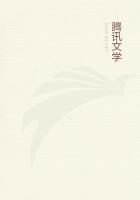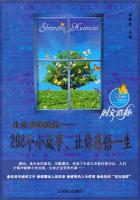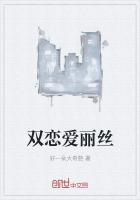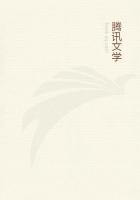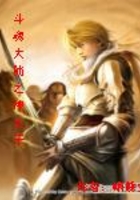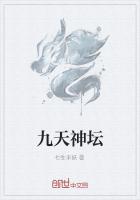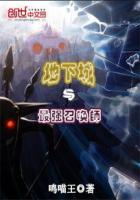One might easily classify people according to their reaction to reward, praise, punishment and blame. This would lead us too far afield. But at least it is safe to say that in using these factors in directing conduct and character the individual must be studied in a detailed way. The average child, the average man and woman is found only in statistics. Everywhere, to deal successfully, one must deal with the individual.
There is a praise-reacting type to whom praise acts as a tonic of incomparable worth, especially when he who administers the praise is respected. And there are employers, teachers and parents who ignore this fact entirely, who use praise too little or not at all and who rely on adverse criticism. The hunger for appreciation is a deep, intense need, and many of the problems of life would melt before the proper use of praise.
"Fine words butter no parsnips" means that reward of other kinds is needed to give substance to praise. Praise only without reward losses its value. "I get lots of 'Thank you's' and 'You are a good fellow'," complained a porter to me once, "but I cannot bring up my family on them." In their hearts, no matter what they say, the majority of people place highly him who is just in compensation and reward and they want substantial goods. Many a young scientist of my acquaintance has found that election to learned societies and praise and respect palled on him as compared to a living salary. Money can be exchanged for vacations, education, books, good times and the opportunity of helping others, but praise has no cash exchange value.
Blame and punishment are intensely individual matters. Where they are used to correct and to better the character, where they are the tools of the friends and teacher and not the weapons of the enemy, great care must be used. Character building is an aim, not a technique, and the end has justified the means. Society has just about come to the conclusion that merely punishing the criminal does not reform him, and merely to punish the child has but part of the effect desired. In character training punishment and blame must bring PAIN, but that pain must be felt to be deserved (at least in the older child and adult) and not arouse lasting anger or humiliation. It must teach the error of the ways and prepare the recipient for instruction as to the right away.
Often enough the pain of punishment and blame widens the breach between the teacher and pupil merely because the former has inflicted pain without recompense.
One might put it thus: The pleasure of praise and reward must energize, the pain of blame and punishment. must teach, else teacher and society have misused these social tools.
"Very well," I hear some readers say, "is conscience to be dismissed so shortly? Have not men dared to do right in the face of a world that blamed and punished; have they not stood without praise or reward or the fellowship of others for the actions their conscience dictated?"
Yes, indeed. What, then, is conscience? For the common thought of the world it is an inward mentor placed by God within the bosom of man to guide him, to goad him, even, into choosing right and avoiding wrong. Where the conception of conscience is not quite so literal and direct it is held to be an immanent something of innate origin. Whatever it may be, it surely does not guide us very accurately or well, for there are opposing consciences on every side of every question, and opponents find themselves equally spurred by conscience to action and are equally convinced of righteousness. In the long run it would be difficult to decide which did more harm in the world, a conscientious persecutor or bigot, an Alvarez or James the First, or a dissolute, conscienceless sensualist like Charles the Second. Certainly consciences differ as widely as digestions.
Conscience, so it seems to me, arises in early childhood with the appearance of fixed purposes. It is entirely guided at first by teaching and by praise and blame, for the infant gives no evidence of conscience. But the infant (or young child) soon wants to please, wants the favor and smiles of its parents. Why does it wish to please? Is there a something irreducible in the desire? I do not know and cannot pretend to answer.
This, however, may be definitely stated. Conscience arises or grows in the struggle between opposing desires and purposes in the course of which one purpose becomes recognized as the proper guide to conduct. Let us take a simple case from the moral struggles of the child.
A three-year-old, wandering into the kitchen, with mother in the back yard hanging out the clothes, makes the startling discovery that there is a pan of tarts, apple tarts, on the kitchen table, easily within reach, especially if Master Three-Year-Old pulls up a chair. Tarts! The child becomes excited, his mouth waters, and those tarts become the symbol and substance of pleasure,--and within his reach. But in the back of his mind, urging him to stop and consider, is the memory of mother's injunction, "You must always ask for tarts or candy or any goodies before you take them." And there is the pain of punishment and scolding and the vision of father, looking stern and not playing with one. These are distant, faint memories, weak forces,--but they influence conduct so that the little one takes a tart and eats it hurriedly before mother returns and then runs into the dining room or bedroom. Thus, instead of merely obeying an impulse to take the tart, as an uninstructed child would, he has now become a little thief and has had his first real moral struggle.

